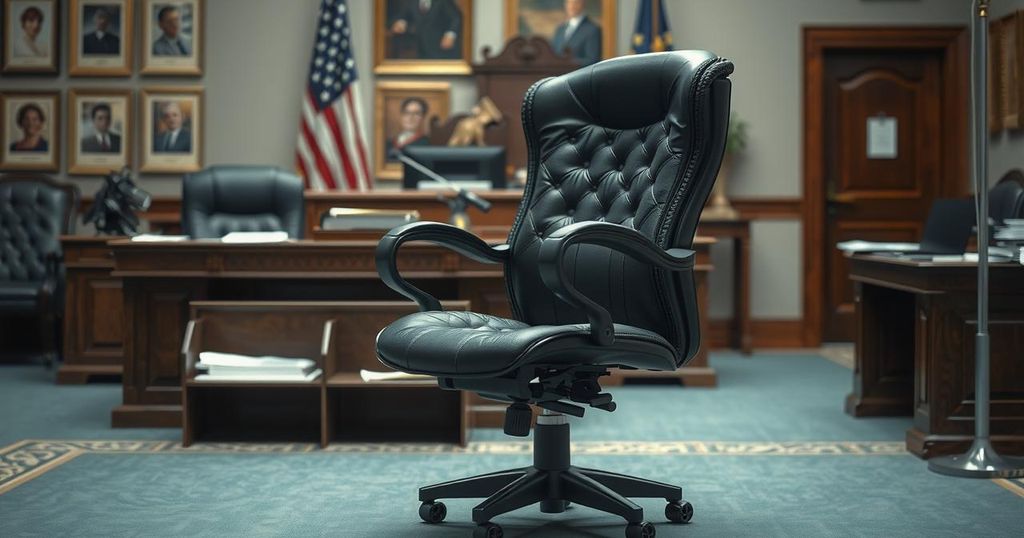South Sudan’s President Salva Kiir has dismissed two vice-presidents, the spy chief, and several officials without providing reasons. This restructuring impacts the power-sharing arrangement established in a 2018 peace agreement. Significant political figures affected include James Wani Igga and Hussein Abdelbagi Akol, with Benjamin Bol Mel stepping into vice-presidential duties. The country continues to face delays in its electoral process, now anticipated in December 2026.
The President of South Sudan, Salva Kiir, has enacted significant leadership changes by dismissing two vice-presidents, the head of intelligence, and other high-ranking officials. This information was conveyed through a series of presidential decrees broadcast on state media, with no explanations provided for these abrupt changes. Under the peace agreement established in 2018 to conclude the civil strife, South Sudan is structured with five vice-presidents.
The dismissals include longtime vice-president James Wani Igga, who has served since 2013 and also holds the position of deputy chair of the ruling Sudan People’s Liberation Movement (SPLM). The other vice-president dismissed is Hussein Abdelbagi Akol, affiliated with the South Sudan Opposition Alliance (SSOA), which differs from the primary opposition faction led by First Vice-President Riek Machar. Akol will now serve as the agriculture minister, succeeding Josephine Joseph Lagu, who has been elevated to vice-president.
Replacing Igga as vice-president is Benjamin Bol Mel, a figure previously sanctioned by the United States for corruption allegations in 2017. Mel was serving as a special presidential envoy before this appointment and has been considered a potential successor to Kiir. Continuing tensions within the power-sharing structure manifest as the president refrains from appointing replacements for the health minister and the governor of Western Equatoria, both affiliated with Machar’s party.
The 2018 peace agreement authorizes the president to appoint and remove officials across national and state levels but requires consent for officials from other political parties. It remains ambiguous whether the dismissal of the governor and health minister was sanctioned by their party leader, Machar, as the SPLM-In Opposition has not provided any comments. To date, South Sudan has not held national elections since its independence in 2011, with elections delayed repeatedly due to ongoing conflicts.
In summary, President Salva Kiir has emphasized his control over South Sudan’s political landscape through significant dismissals of cabinet members, reflecting ongoing instability within the government. The absence of clear communication regarding these actions raises questions about internal party dynamics, particularly concerning Riek Machar’s faction. The unresolved electoral process continues to complicate the governance of this oil-rich nation.
Original Source: www.bbc.com






